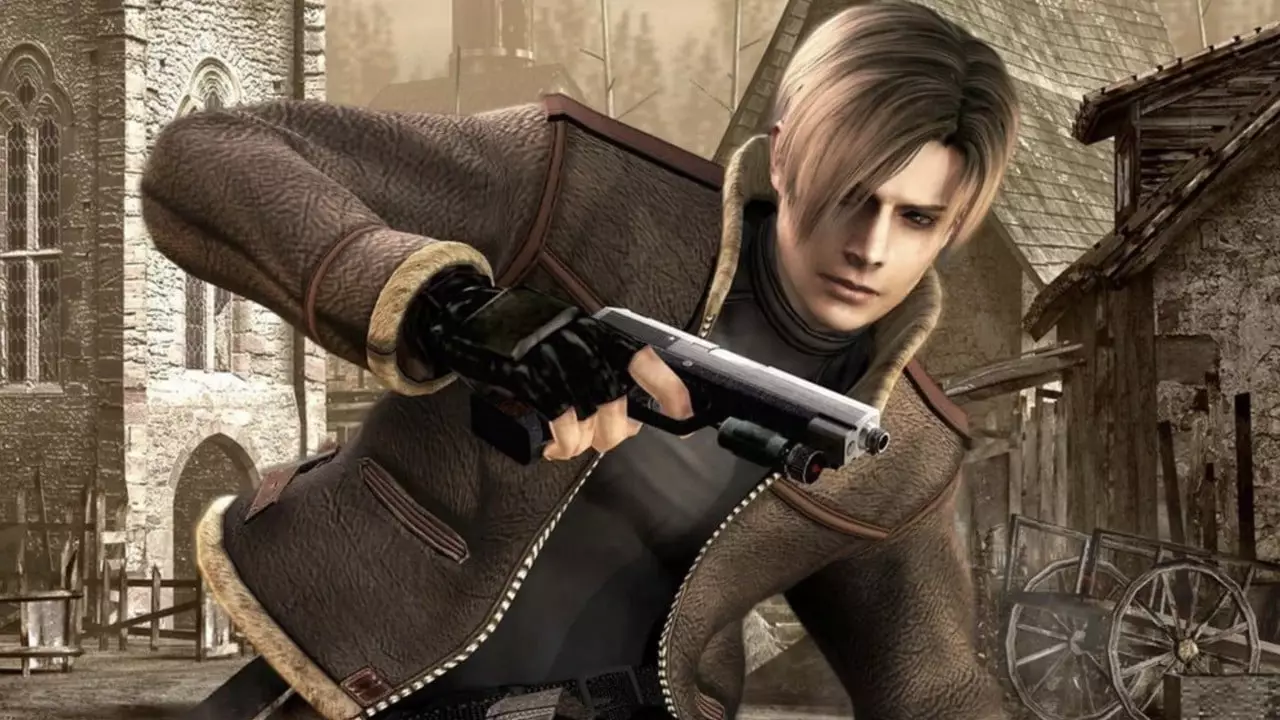Resident Evil has long been synonymous with urban horrors, specifically the twisted ruins of Raccoon City. Yet, the release of Resident Evil 4 marked a pivotal departure from this established narrative and atmosphere. The juxtaposition of grotesque, decomposing zombies in urban backdrops gave way to eerie rural settings in Europe, where players faced off against a sinister, almost child-like antagonist. This shift might seem like an odd venture for a series that thrived on its urban horror aesthetic, yet it highlighted the creative boldness of the developers.
The arrival in a rural landscape, complete with castles and picturesque villages, did not merely serve as a backdrop; it transformed the game’s very essence. No longer confined by the claustrophobic corridors of Raccoon City, players navigated expansive environments that offered both wonder and dread. The surreal atmosphere, peppered with cultist encounters and bizarre gameplay mechanics, made this installment not just another chapter but a revolutionary milestone in the franchise.
Resident Evil 4’s gameplay mechanics were as groundbreaking as its setting. The combination of intense action sequences with survival horror elements set a new standard in gaming. Instead of the slow, methodical tension that characterized earlier entries, players were thrust into fast-paced encounters that demanded quick reflexes and strategic thinking. The incorporation of third-person shooting mechanics allowed for a fluid experience, providing players with enhanced control over their actions.
Moreover, the introduction of resource management with limited ammunition and healing items added layers to the gameplay. Players could no longer simply rely on brute force; they had to plan, strategize, and adapt to the unpredictable hordes they faced, making every encounter both thrilling and nerve-wracking. The infamous merchant character, with his quirky dialogue and intriguing trade system, added an extra dimension to the experience. His presence helped to create an atmosphere where players truly felt they were surviving against the odds.
It’s impossible to talk about Resident Evil 4 without acknowledging its profound impact on the gaming landscape. Many modern action-adventure and horror games draw inspiration from its design and execution. The concept of integrating tight shooting mechanics with survival horror elements became a template for numerous successors, leading the charge in a genre somewhat stagnated by repetitive tropes.
The multitude of ports and remakes of Resident Evil 4 further cements its status as a classic. Each iteration brought updated graphics, enhanced mechanics, and new ways for players to experience the harrowing adventures of Leon S. Kennedy. The existence of the Wii Edition, which pioneered motion controls for aiming mechanics, emphasized how the game adapted to evolving technologies while retaining its engaging core.
Even after almost two decades, the allure of Resident Evil 4 remains undiminished. The narrative may have been absurd, with its blend of horror, action, and the bizarre, but it resonated with players worldwide, establishing a legacy that few games can rival. The simplicity of its core story—an agent battling against sinister occult forces to rescue a kidnapped individual—coupled with intricate level designs and varied enemies, created a tapestry of excitement and fear.
Recognizing its monumental significance is essential for anyone with an interest in video games. Whether it was a first-day experience on the GameCube or a more recent engagement via a modern console, Resident Evil 4 represents a key moment in gaming history. As technology progresses and new audiences emerge, its themes of survival, fear, and resilience continue to find relevance, reminding us that innovation often occurs at the intersection of the unexpected and the absurd.
In an era where many franchises cling to the tried-and-true, Resident Evil 4 exemplifies the rewards that can come from embracing risks and venturing into the unknown. If you have not yet embarked on this harrowing journey, do not hesitate—immerse yourself in the haunting yet exhilarating world that defined a genre and still echoes through contemporary gaming.

